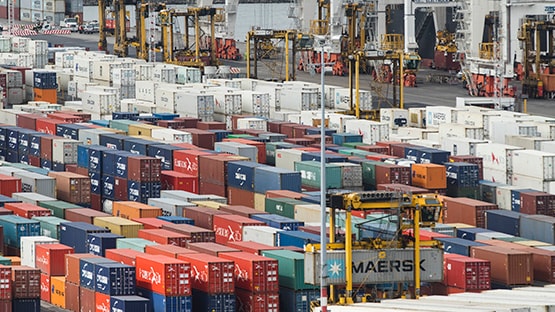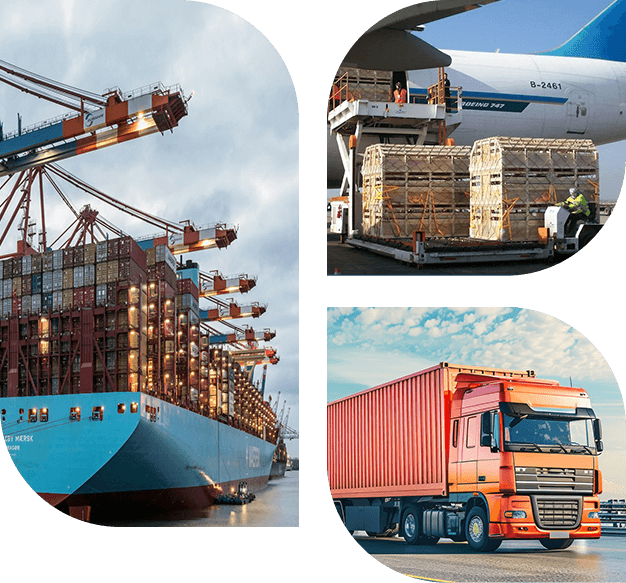MTR: A World-Class Transportation System or Room for Improvement?

As one of the most efficient and reliable public transportation systems in the world, MTR has been praised for its outstanding performance and innovative approach. However, the question remains: is MTR really the best in the world? In this article, we will take a closer look at the strengths and weaknesses of MTR, compare it with other transportation systems around the world, and provide a comprehensive analysis of its overall performance.
First of all, let's examine the strengths of MTR. One of the most notable advantages of MTR is its punctuality. According to the latest statistics, MTR has an on-time performance rate of over 99%, which is one of the highest in the world. This is largely due to its advanced signaling system, which allows trains to run at high speeds while maintaining a safe distance from each other. In addition, MTR has a well-designed network that covers most of the major areas in Hong Kong, making it easy for commuters to travel to different parts of the city.
Another strength of MTR is its cleanliness and safety. MTR stations and trains are always kept clean and well-maintained, and security measures are in place to ensure the safety of passengers. Moreover, MTR has a strong commitment to environmental sustainability, with initiatives such as energy-efficient trains and recycling programs.
However, MTR is not without its weaknesses. One of the main criticisms of MTR is its high fares, which can be a burden for low-income commuters. In addition, MTR has been accused of monopolizing the public transportation market in Hong Kong, which has led to limited competition and innovation. Furthermore, MTR has faced criticism for its handling of major incidents, such as the 2019 protests in Hong Kong, which raised questions about its political neutrality and accountability.
So, how does MTR compare with other transportation systems around the world? While it is difficult to make a direct comparison due to the differences in geography, population density, and infrastructure, there are some notable examples of transportation systems that are considered to be among the best in the world. For instance, Tokyo's subway system is renowned for its efficiency, safety, and convenience, with over 13 million passengers using it every day. Singapore's Mass Rapid Transit (MRT) system is also highly regarded for its reliability and cleanliness, and has won numerous awards for its design and sustainability.
In conclusion, while MTR has many strengths that make it a world-class transportation system, it also has some weaknesses that need to be addressed. Whether it is the best in the world is a matter of debate, as there are other transportation systems that are equally impressive in their own ways. However, there is no doubt that MTR has set a high standard for public transportation, and its innovative approach and commitment to excellence should be commended.


